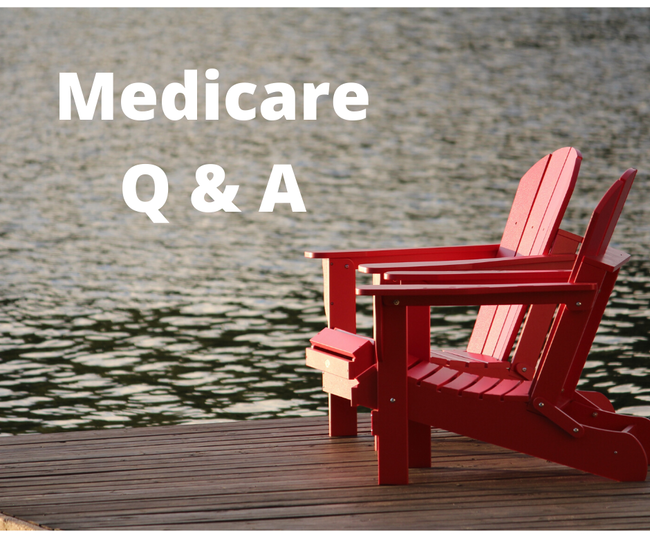
A Salem woman planned to move to southern Oregon to be closer to family. She was enrolled in a Medicare Advantage insurance plan that she liked, but she learned it was unavailable in her new county.
She sought help from a SHIBA Medicare counselor to understand her options.
She had good options. First, the move would trigger a 60-day special enrollment period to enroll in another Medicare Advantage insurance plan in her new location.
Second, her move also made her eligible to enroll in a Medigap supplemental policy with no premium increase if she had a pre-existing condition such as heart disease, diabetes or history of strokes. Because she had a serious medical issue, she could enroll in such a policy.
To make a SHIBA Medicare counseling appointment, or to ask a question to be answered here, please see the end of this column.
I understand that monthly premiums for Medicare Advantage insurance plans range from zero – how is that possible? — to about $200. What does one get for paying a higher premium?
Your first question first: Why can you enroll in insurance that has no premium? It is because Medicare subsidizes the Medicare Advantage premium by more than $800 a month for everyone, regardless of income.
If you have this insurance, Medicare is never billed for doctor or hospital costs. Instead, the insurance company receives all bills.
If you enroll in Medicare Advantage insurance with a premium or a higher premium, your co-pays for doctor visits and hospitalization may be reduced. Your maximum annual out-of-pocket cost for medical services may be lower. You may pay less if you receive temporary care in a skilled nursing facility.
It could be helpful to compare plans’ premiums and benefits by making a grid where you compare services and costs side by side. Alternatively, go on Medicare.gov, select up to three Medicare Advantage plans, and click the Compare button to see a comparison. SHIBA Medicare counselors can help with this.
I seem to receive regular notices about my Medicare. I open them but usually don’t read them. Is all this paperwork really necessary?
You are referring either to the Medicare Summary Notice, which comes from Medicare, or similar information that comes from your Medicare insurance company. Yes, the notices are important although it may be possible to reduce the amount of paper.
These notices help you track the medical services you receive, and also can protect you against fraud. It’s worth reading these notices to be sure they don’t list a surgery, service or equipment that you didn’t receive.
Amounting to billions of dollars annually, Medicare fraud can contribute to increases in your Medicare Part B premium, which is tied to what Medicare spends. If you failed to read a notice reporting that you received a motorized scooter and later actually needed one, you would experience an unwelcome delay while sorting out the details with Medicare.
To obtain your Medicare Summary Notices electronically, set up a MyMedicare account at Medicare.gov, and paper notices will no longer be mailed to you. If you have Medicare insurance, ask the company if it provides notices electronically.
With so many Medigap supplemental policies available, how can one know how their benefits and premiums differ? For example, how does Plan G differ from Plan N?
You can find a grid comparing benefits of all these plans on page 35 of the Oregon Guide to Medicare Insurance Plans. To find a digital copy, go online to healthcare.oregon.gov/shiba. On the left side of the page, click on 2020 Medicare Guide to download it.
You will see that Plan G is the strongest available plan (Plan F is no longer available to those new to Medicare). If your doctor charges the allowable 15% above the Medicare-approved rate, Plan G will pay it but Plan N will not. With Plan G you would have no doctor or hospital ER co-pays. With Plan N you would have a $20 co-pay at a doctor’s office and $50 for an ER visit.
Premiums do vary significantly. For a 68-year-old female non-smoker living in the 97302 ZIP code, the lowest Plan G premium would be about $123. The lowest for Plan N would be about $99. One other thing to consider: With Plan G you may later enroll in any other type of Medigap plan. With Plan N you cannot.
SHIBA Medicare counselors and some insurance brokers have access to a password-protected website that delivers premium comparisons for all Medigap policies available in Oregon.
Jim Sellers of Salem is a certified Medicare counselor with the Senior Health Insurance Benefits Assistance (SHIBA) program. To ask a question to be answered in this column, e-mail [email protected]. To schedule a free SHIBA phone appointment with a volunteer Medicare counselor, call 800-722-4134.









